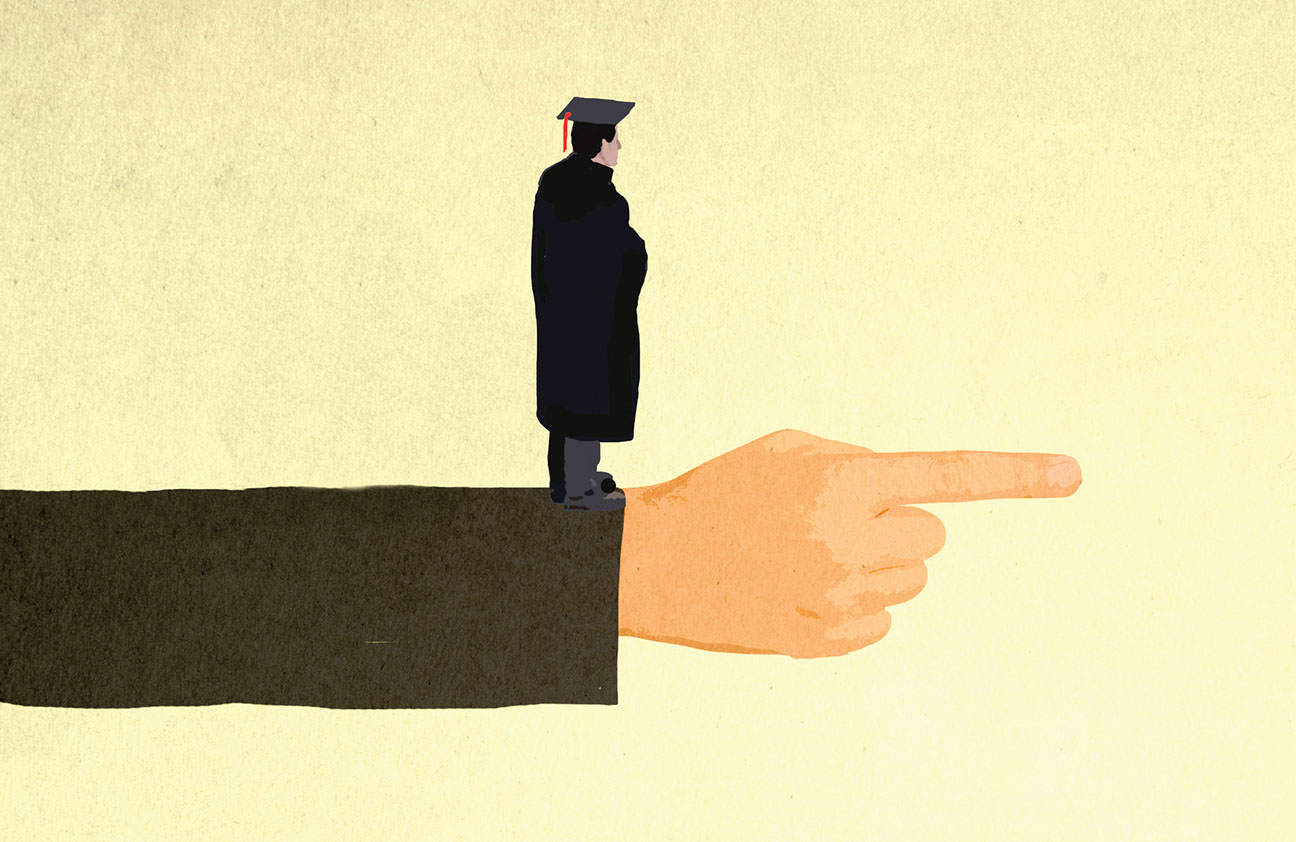Abdulmalik, a 13-year-old boy from Yemen’s capital city Sana’a, started chewing khat leaves at the age of seven. “My father would pass me small handfuls at weddings,” he told The Media Line. “But I didn’t start chewing every day until I turned 12 and started to work. Khat gives me energy for work.”
“I chew khat everyday,” he said proudly, exposing the pesto-colored glob of mush packed into his cheek.
Indeed, each day after lunch, tens of millions of Yemenis from all strands of society devote at least three to four hours to the purchase and mastication of catha edulis, a tall-growing shrub native to the Arabian Peninsula and African Horn that produces an amphetamine-like high when chewed.
In patriarchal Yemen, the ritual was restricted to the province of men for millennia. In recent years, however, women and even children have picked up the habit in growing numbers. The World Food Program (WFP) estimates that 73 percent of Yemeni women today chew the leaves with some frequency, while some 15 to 20 percent of children under the age of 12 chew khat daily.
According to Hind Aleryani, an anti-khat Yemeni activist, the emerging trend of child khat use could spell disaster for the impoverished country of 26 million that just entered a fragile political transition following last year’s bloody, anti-government uprisings, which unseated 33-year autocrat Ali Abdullah Saleh. The WFP estimates that about 15 million person-hours per day are spent chewing khat in Yemen, the poorest country in the Arab world. And 40 percent of the country’s water supply is channeled into the cultivation of the native shrub, despite the fact that Sana’a is on track to be the first capital city to run out of water.
“Whenever we talk about the problems of khat and its impact on the economy, agriculture, water, health and social life in Yemen,” she said, “we say that the only solution is a new generation that is not addicted to the drug. However, the problem is that the new generation has been addicted ever since childhood.”
Donald Burgess from Yemen’s UNICEF office echoed Aleryani’s concerns about addiction. “The habit of chewing khat can easily be picked up by young people as it has an important place in the tradition and social habits of Yemenis, and is not looked upon as something very serious,” he told The Media Line.
“The habit starts off as an imitation of the adults in the family and later develops into an addiction,” he said. Yet “despite the fact that an increasing number of children in Yemen are picking up the habit, there are no accurate statistical data or studies on the negative effects of khat on children.”
From the incidental data and indirect evidence that are available, it is clear that khat has a great impact on Yemeni families. According to WFP, “Households spend an average of 10 percent of their expenditure on khat – more than on health and education combined.”
That, according to Burgess, “acts as a supporting factor to the decreased appetite and loss of vitamins, minerals and fluids that khat induces in children, resulting in the development of fragile bones, pale skin, anemia, weight loss and decreased growth rate.”
Abdulmalik, for his part, said his daily khat expenditure averages about 500 Yemeni Rial (or $2.33), a significant amount in a country where almost half the population survives on less than $2 per day, according to the World Bank.
Another major side effect is decreased academic performance, explained Burgess. “Children who indulge in khat chewing tend to prioritize khat sessions over time spent on their studies,” he said. Following the khat session, he added, “lethargy and decreased interest towards any productive activity” set in, thus wasting more “precious time that could be used for studying or reading educational material.”
Fauzia, a 28-year-old artist who grew up in Sana’a, told The Media Line that it was forbidden for her and her friends to chew khat as children or even teenagers, “but now it seems to be more common for girls, though mostly in elite circles,” she said.
Up to the Next Generation
Aleryani argues that it is up to Yemen’s next generation to change old ways of thinking about khat. “The image of khat for many teenagers, especially boys, is a sign of becoming an adult and a man,” Aleryani says. “Their dream as kids is to grow up and chew khat just like their fathers, and recently this has become the case with women as well.”
Earlier this year, Aleryani spearheaded an anti-khat campaign on Twitter and Facebook, urging the new transitional President Abd Rabbu Mansur Hadi and his government to ban khat in public offices. Only one small gesture came from Minister of Education Dr. Abdulrazag Al-Ashwal, who ordered schools nationwide to promote a day of awareness about the drug’s effects. When asked by Aleryani to introduce regular lessons into the curricula, the minister said, “It's not possible now … maybe in the future.”
With about half of the country’s 26 million residents currently under the age of 15, Yemen’s population is expected to almost double over the next two decades, creating a whole new set of economic and resource challenges for the small Arabian Peninsula state. As long as the vast majority of Yemenis continue to view khat chewing as a sacred tradition, instead of an unhealthy addiction that is strangling the economy, devouring precious natural resources and weakening family ties, the future looks grim.


































